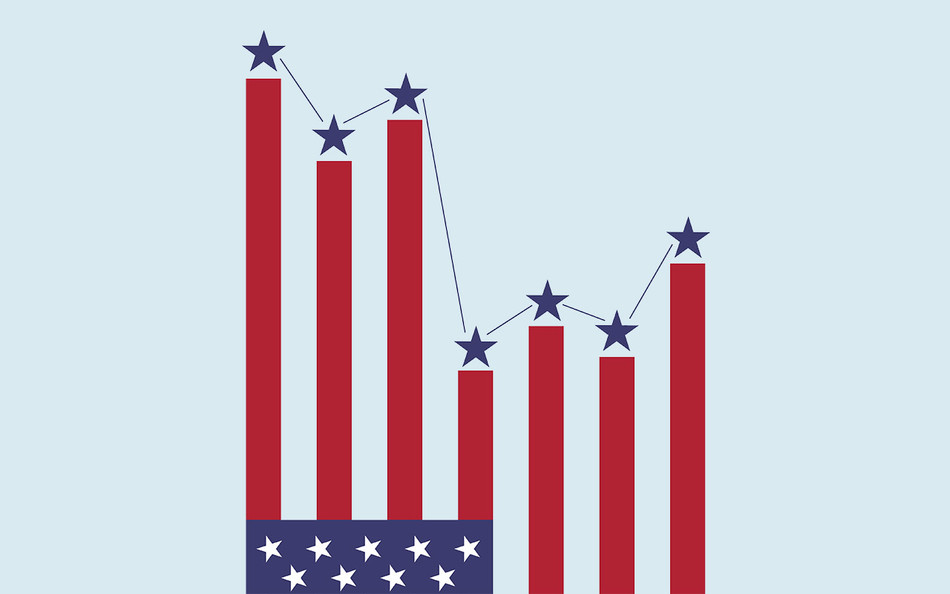One thing that many Americans can agree on, even in an era of deep political polarization, is that our country is in a moral free fall. In survey after survey, US adults of all ages, education levels, political affiliations, and religious backgrounds say that people are less kind, honest, generous, and respectful than they used to be.
So is our nation’s moral fabric unraveling and our social order in disarray?
Not necessarily. In fact, two psychologists, Columbia’s Adam Mastroianni and Harvard’s Daniel Gilbert, say that the widespread perception of moral decline is an illusion. They recently conducted a meta-analysis of all the major surveys that asked Americans about the state of moral values in this country — a total of some two hundred conducted over the past seven decades — and they found that US residents have been griping about one another’s flagging sense of decency for as long as researchers have been soliciting their opinions on the matter. And yet when individual respondents are asked multiple times, over the span of a decade or more, to describe the level of civility and kindness they observe in their fellow citizens, their descriptions of other people’s attitudes and behaviors do not actually worsen at all.
Mastroianni and Gilbert, whose paper appears in the journal Nature, say the results of similar surveys conducted in dozens of other countries over the decades suggest that people all over the world are susceptible to the illusion that their contemporaries are less moral than they once were. They say that this misconception is likely explained by two well-established psychological phenomena acting in tandem: that we tend to pay closer attention to negative rather than positive information about people’s actions in the present day; and that we tend to selectively forget such negative impressions as the years roll on, leaving us with nostalgia for the past.
The authors say that their discovery has important societal and political implications, especially given that, as one 2015 survey found, three-quarters of all Americans believe that “addressing the moral breakdown of the country” should be a high priority for the government. Write Mastroianni and Gilbert: “The United States faces many well-documented problems, from climate change and terrorism to racial injustice and economic inequality — and yet, most US Americans believe their government should devote scarce resources to reversing an imaginary trend.”



